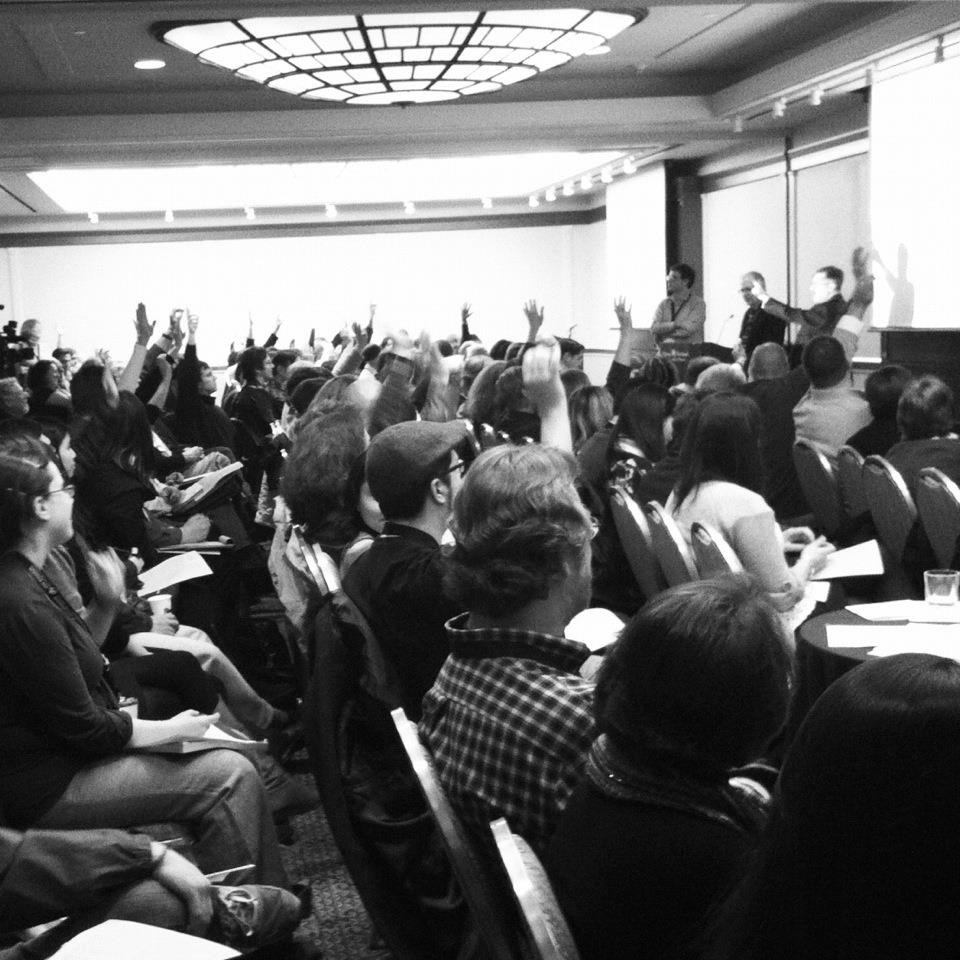Essay on Conflict Theories of Society – Whereas the equilibrium theories emphasise the stabilising processes at work in social systems, the so-called conflict theories highlight the forces producing instability, struggle, and social disorganisation.
Ralf Dahrendorf a German sociologist says that the conflict theories assume that— (1) Every society is subjected at every moment to change, hence social change is ubiquitous. (2) Every society experience at every moment social conflict, hence social conflict is ubiquitous; (3) Every element in society contributes to change; (4) Every society rests on constraint of some of its members by others.
ADVERTISEMENTS:
Karl Marx: Change through Class Conflict
The most famous and influential of the conflict theories is the one put forward by Karl Marx, a famous German social thinker and philosopher. “All history is the history of class conflict”- wrote Marx and Engels in the ‘Communist Manifesto’ (1848). “Violence is the midwife of history”- Marx declared.
Individuals and groups with opposing interests are bound to be at conflict – Marx asserted. Since the two major social classes, that is, the rich and poor, or capitalists and labourers have mutually hostile interests they are at conflict.
History is actually the story of conflict between the exploiting (the rich) and the exploited (the poor) classes. This conflict repeats itself off and on until capitalism is overthrown by the workers and a socialist state is created.
ADVERTISEMENTS:
What is to be stressed here is that Marx and other conflict theorists deem society as basically dynamic and not static. They consider conflict as a normal, not an abnormal process. They also believe that “the existing conditions in any society contain the seeds of future social changes”.
Like Karl Marx, another German Sociologist, George Simmel too stressed the importance of conflict in social change. According to him, conflict is a permanent feature of society and not just a temporary event.
It is a process that binds people together in interaction. Further, conflict encourages people of similar interests to unite together to achieve their objectives. Continuous conflict in this way keeps society dynamic and ever changing, Simmel maintained.
Conflict theory is quite impressive and influential, no doubt. But it does not account for all forms of social change. It only gives us a means of analysing some of the most significant changes in history and present-day society. Still it is not a comprehensive theory of social change. It cannot tell us much about the direction of social change. Even the predictions of Marx have gone wrong.

